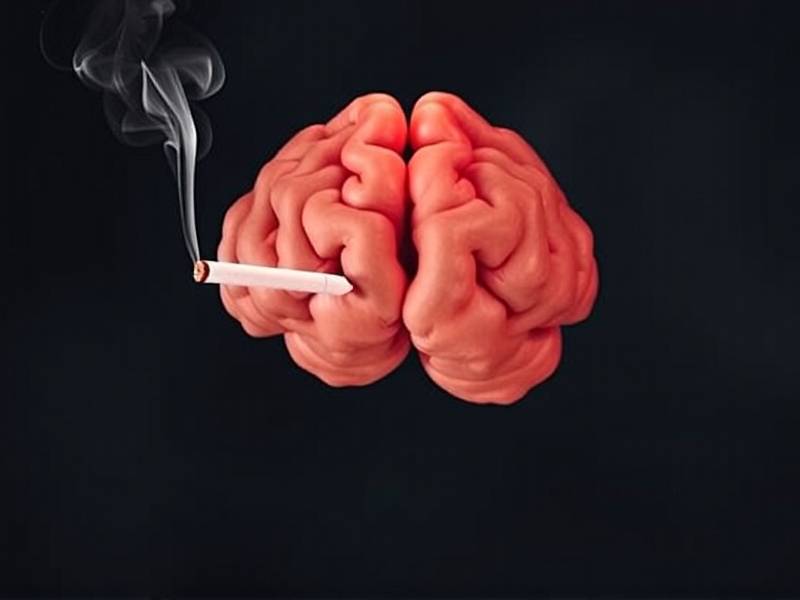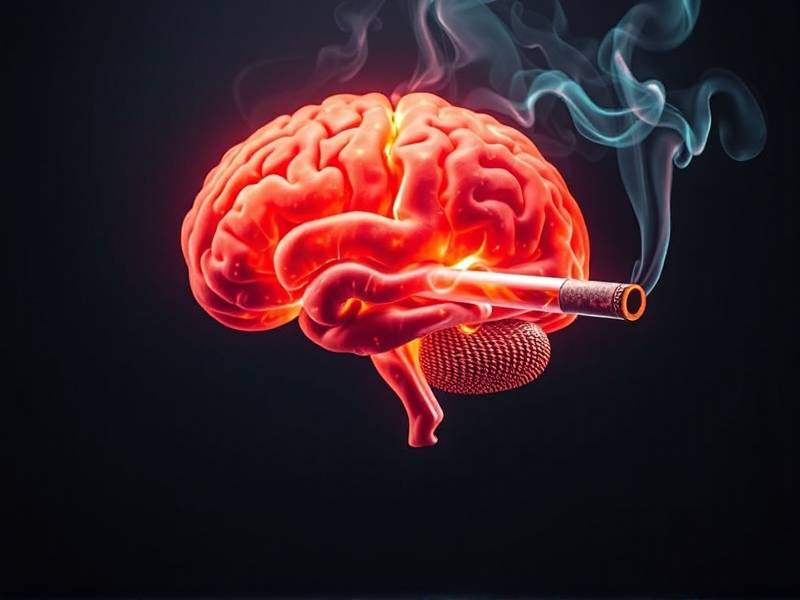The Benefits of Quitting Smoking: How It Affects Your Brain
The Transformative Impact of Quitting Smoking on Your Brain
Introduction: The decision to quit smoking is a life-changing one, and its effects are not limited to physical health. This article delves into the profound impact quitting smoking has on your brain, highlighting the numerous cognitive benefits that await those who take the leap towards a smoke-free life.
I. The Immediate Brain Benefits of Quitting Smoking

A. Improved Memory and Concentration As soon as you quit smoking, your brain begins to experience immediate changes. One of the most significant benefits is an improvement in memory and concentration. According to research from the University of California, San Francisco, within just 48 hours of quitting, carbon monoxide levels in your blood drop to normal, allowing for improved oxygen flow to the brain.

B. Enhanced Cognitive Function Over time, quitting smoking can lead to enhanced cognitive function. A study published in the journal Nicotine & Tobacco Research found that individuals who quit smoking experienced improved attention, processing speed, and working memory.
II. Long-Term Brain Benefits of Quitting Smoking
A. Reduced Risk of Neurodegenerative Diseases Long-term smokers are at a higher risk for neurodegenerative diseases such as Alzheimer's and Parkinson's disease. By quitting smoking, you can significantly reduce this risk. Research from the American Journal of Public Health indicates that former smokers have a lower risk of developing these diseases compared to current smokers.
B. Improved Brain Health Quitting smoking can also lead to improved brain health by reducing inflammation and oxidative stress in the brain. This can result in a slower progression of age-related cognitive decline.
III. The Role of Nicotine in Brain Chemistry
A. Nicotine's Effects on Dopamine Receptors Nicotine acts as a stimulant by binding to dopamine receptors in the brain, leading to feelings of pleasure and satisfaction. When you quit smoking, your brain chemistry begins to adjust by reducing cravings for nicotine and restoring normal dopamine levels.
B. Overcoming Withdrawal Symptoms Withdrawal symptoms can be challenging when trying to quit smoking but understanding their source can help manage them effectively. By addressing these symptoms with strategies such as nicotine replacement therapy or counseling, you can support your brain's adjustment process.
Conclusion: The benefits of quitting smoking extend far beyond physical health; they profoundly impact your brain's well-being as well. From immediate improvements in memory and concentration to long-term protection against neurodegenerative diseases, making the decision to quit smoking is a powerful step towards enhancing your cognitive abilities and overall mental health.
Remember that seeking support from healthcare professionals or joining support groups can make this journey more manageable and rewarding for both your mind and body.
